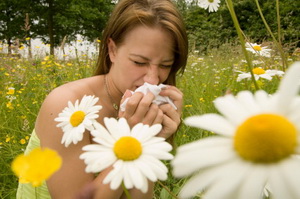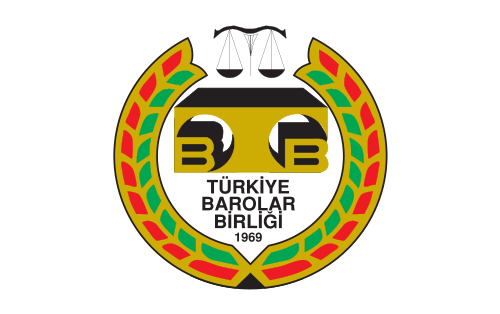The word " allergy "is a combination of the Greek words" Allos "(other) and" ergon " (work). Allergy is a condition in which a person who encounters any substance and becomes sensitive to it overreacts to this event when his body encounters the same substance again later.
 Allergy foreign substances that enter the human body in various ways and form a unique opposite substance in the blood are called antigens, and the opposite substance it forms is called antibodies. If this antigen leads to an allergy, then this antigen is called an allergen. When foreign substances around us enter our bodies in various ways, the immune system reacts to these foreign substances to protect us (for example, an increase in fever when viruses and bacteria are taken through breathing); in allergic people, when non-harmful substances (allergens) enter the body, the immune system reacts as if the substance taken is harmful, and various allergic reactions occur.
Allergy foreign substances that enter the human body in various ways and form a unique opposite substance in the blood are called antigens, and the opposite substance it forms is called antibodies. If this antigen leads to an allergy, then this antigen is called an allergen. When foreign substances around us enter our bodies in various ways, the immune system reacts to these foreign substances to protect us (for example, an increase in fever when viruses and bacteria are taken through breathing); in allergic people, when non-harmful substances (allergens) enter the body, the immune system reacts as if the substance taken is harmful, and various allergic reactions occur.
At the beginning of our life, when our organism encounters foreign substances, the immune system (immune system) recognizes them and takes them into its memory. It then prepares its response by producing antibodies against foreign substances (antigens). Every time the same antigen is seen in the organism, a pre-prepared response begins due to its recall feature. For this reason, when a person with hay fever encounters pollen every year, they immediately react due to this feature in the immune system.
What Does Rhinitis Mean ?
Rhinitis is an inflammation (inflammatory reaction) of the tissue that lines the inside of the nose and is called the mucous membrane. It is characterized by itching in the nose, sneezing, watery runny nose and nasal congestion. Symptoms such as headache, olfactory impairment and conjuctivitis may also be accompanied.
Allergic rhinitis is not a life-threatening disease, but it is a disease that significantly affects the quality of life. Allergic rhinitis causes economic damage in adults, as well as the loss of the working day in children, as well as the loss of the school day; due to the fact that the money spent on its treatment is quite high. For this reason, the diagnosis and treatment of allergic rhinitis is very important.
What Causes Allergies?
There are many known or unknown factors that can cause allergies. Among the most common are dust, pollen, mold fungi, certain foods (milk, eggs, strawberries, etc. decidedly).), chemicals, household animals can be counted.
What Makes The Symptoms?
OTOLARYNGOLOGY allergy-related symptoms between common ones runny nose, sneezing, nasal congestion, itching, tickle in the throat, chronic cough, middle ear pressure problems. Allergic people are more likely to have sinusitis, flesh growth in the nose (Concha hypertrophy or polyp), asthma, and skin reactions than non-allergic people.
What Is Seen In The Examination ?
A runny nose can be seen directly when examining patients with allergic rhinitis. In addition, pale color, transparent secretion increase, edema(swollen), if any, meat growth is observed in the nose. The image of the inside of the nose is sometimes diagnostic, even without listening to the patient's complaints. Nasal discharge and pharyngitis can be seen when viewed through the mouth.
What Tests Are Performed ?
The most common examination is skin tests when allergies are suspected after examination. But a negative result of these tests does not indicate that the patient does not have allergies. There is a possibility of a reaction to an allergen that has not been studied in skin tests, or there is a possibility that the allergen does not have allergies when it enters the skin and does not have allergies when it enters by breathing. Skin tests can find out how many allergies to which substance. In addition to these tests, the amount of a substance called HDI in the blood can be measured. There are also some blood tests that are more reliable than skin tests, but difficult to apply and expensive.
How Is A Diagnosis Made ?
The most important issue in the diagnosis of allergic rhinitis is the patient's descriptions (Anamnesis) and examination findings. According to these findings, if an allergy diagnosis is considered, that patient is considered allergic. Skin tests and other blood tests are aimed at understanding what an allergen is. If these tests are negative, the patient begins allergy treatment.
How Is It Treated ?
There are 3 main categories of treatment of allergic rhinitis.
1-allergen protection
2-Drug Therapy
3-Immunotherapy (Vaccine Therapy)


















































